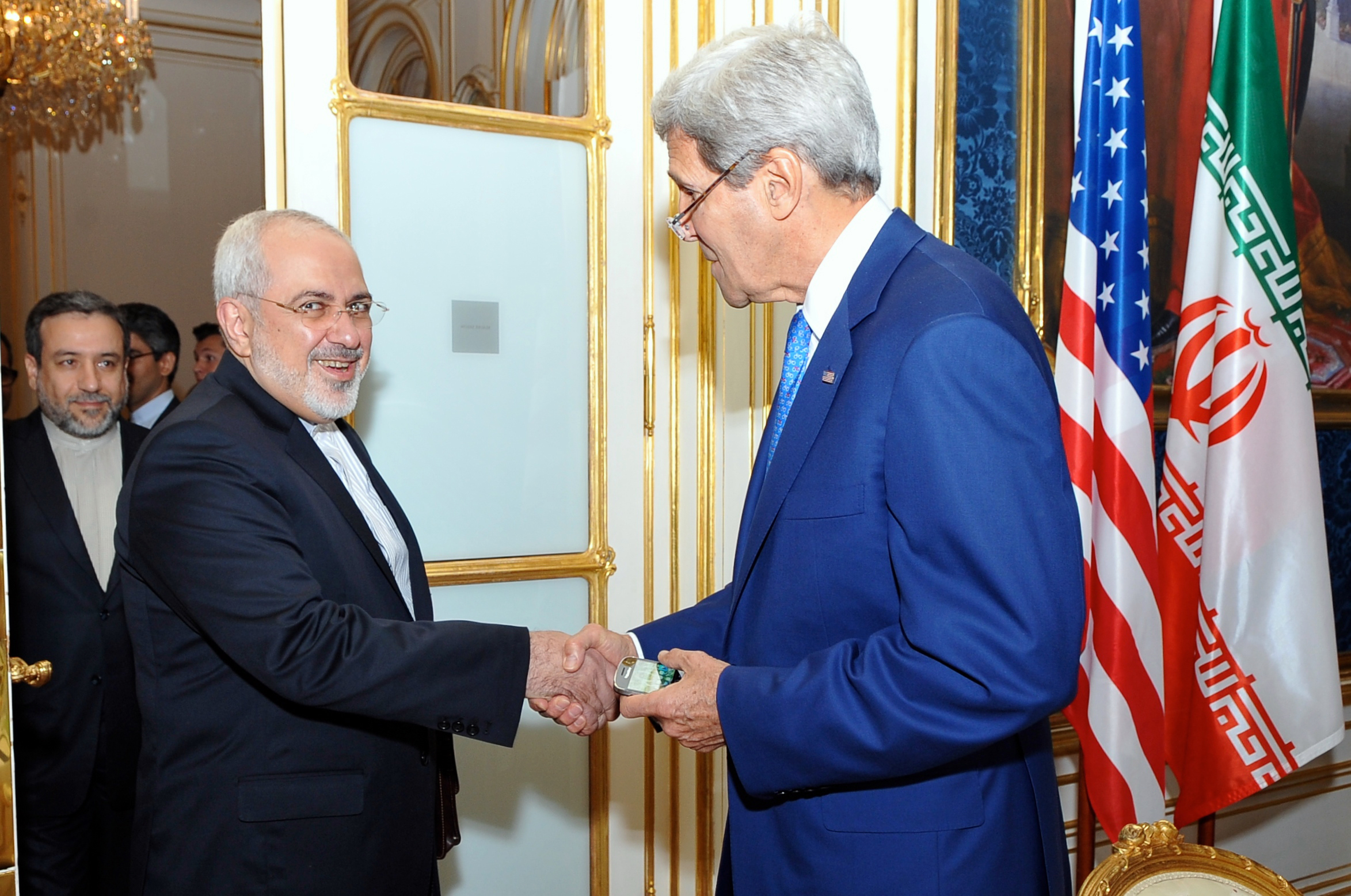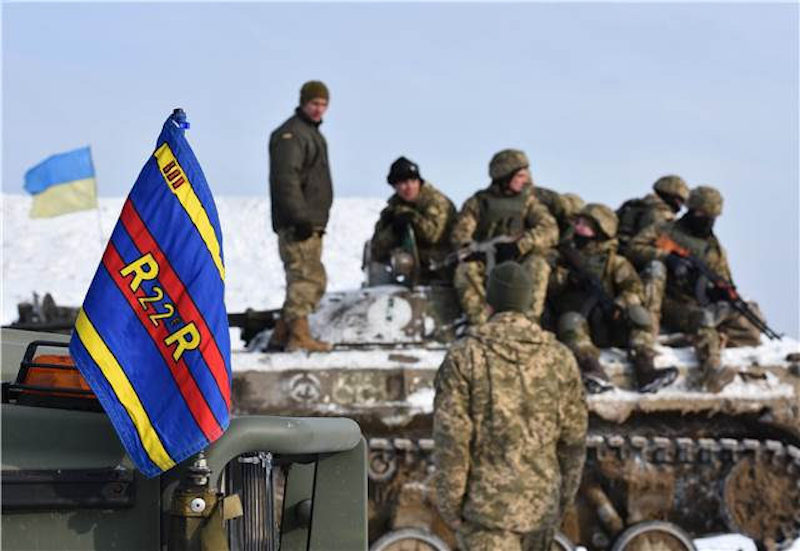 Malala Yousafzai was sitting in chemistry class in Birmingham, U.K., when she found out she was the co-winner of the Nobel Peace Prize. The 17-year old Pakistani education activist is the youngest person to become a Peace Prize laureate. She was globally recognized for her bravery after being shot in the head by a Taliban gunman while on her way to class in October 2012. The Taliban made her a target after she spearheaded campaigns to promote education of girls in her home village in Pakistan’s Swat Valley. After the attack, she was airlifted to a hospital in Birmingham where she made a full recovery and now lives with her family. She has since given speeches to the United Nations, written an autobiography and has been named one of Time magazine’s 100 most influential people. Truly, anyone in search of a hero need look no further than Malala, the girl who was shot for going to school.
Malala Yousafzai was sitting in chemistry class in Birmingham, U.K., when she found out she was the co-winner of the Nobel Peace Prize. The 17-year old Pakistani education activist is the youngest person to become a Peace Prize laureate. She was globally recognized for her bravery after being shot in the head by a Taliban gunman while on her way to class in October 2012. The Taliban made her a target after she spearheaded campaigns to promote education of girls in her home village in Pakistan’s Swat Valley. After the attack, she was airlifted to a hospital in Birmingham where she made a full recovery and now lives with her family. She has since given speeches to the United Nations, written an autobiography and has been named one of Time magazine’s 100 most influential people. Truly, anyone in search of a hero need look no further than Malala, the girl who was shot for going to school.
Despite the international praise for Malala, in Pakistan her win is viewed at best as bittersweet. Although Pakistani Prime Minister Nawaz Sharif was one of the first politicians to congratulate Malala, he couldn’t escape the fact that she was almost killed for her advocacy work and continues to live abroad. Additionally, many conservative Pakistani leaders criticize Malala and view her win with skepticism, accusing her of selling out to the west. Tariq Khattack, editor of the Pakistan Observer newspaper, criticized her selection for the Peace Prize saying that “it’s a political decision and a conspiracy”. Tragically, Pakistan had a similar response to its only other Nobel laureate; Abdus Salam who won the Nobel for physics in 1979. Salam was principally forgotten by his country because he was a member of the Ahmadiyya sect, an Islamic group considered heretical by Pakistani authorities. Similarly, the domestic politics of Malala’s accomplishments could make life difficult for a girl whose dream is to become Prime Minister.
The other Nobel Peace Prize winner for 2014 was Kailash Satyarthi, an Indian child rights campaigner. Satyarthi has been recognized for heading various peaceful protests and for founding the Save the Childhood Movement which campaigns for an end to human trafficking. Surprisingly his work has not been given much recognition in India where he remained largely unknown until the announcement of the Nobel prize.
In making its announcement on the selection of Malala and Satyarthi, the Nobel committee said it “regards it as an important point for a Hindu and a Muslim, an Indian and a Pakistani, to join in a common struggle for education against extremism.” However, the committee’s call for improved relations between India and Pakistan came just days after violence was renewed in the disputed region of Kashmir. No fewer than 19 people have been killed and dozens more injured in what has been called the worst fighting in Kashmir in a decade. Amidst the domestic suspicion of Malala’s win, and the ongoing tensions between India and Pakistan, it is clear that recipients of the Nobel Peace Prize remain vulnerable to the complexities of the world they aim to improve. Augusta Waldie




